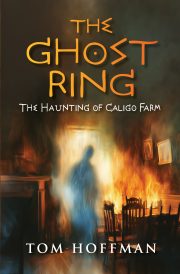The following list of questions is meant to aid authors of fantasy fiction who are seeking to create believable imaginary settings for their stories. While many of these questions may be helpful or crucial to certain stories, they will not all apply to every story. It is not necessary for an author to answer all, or even any, of the questions in order to start writing, (or to finish writing, either). The idea is simply to provoke people into thinking about the ways their settings and backgrounds hang together … or don’t. If it’s useful, use it. If not, don’t.


